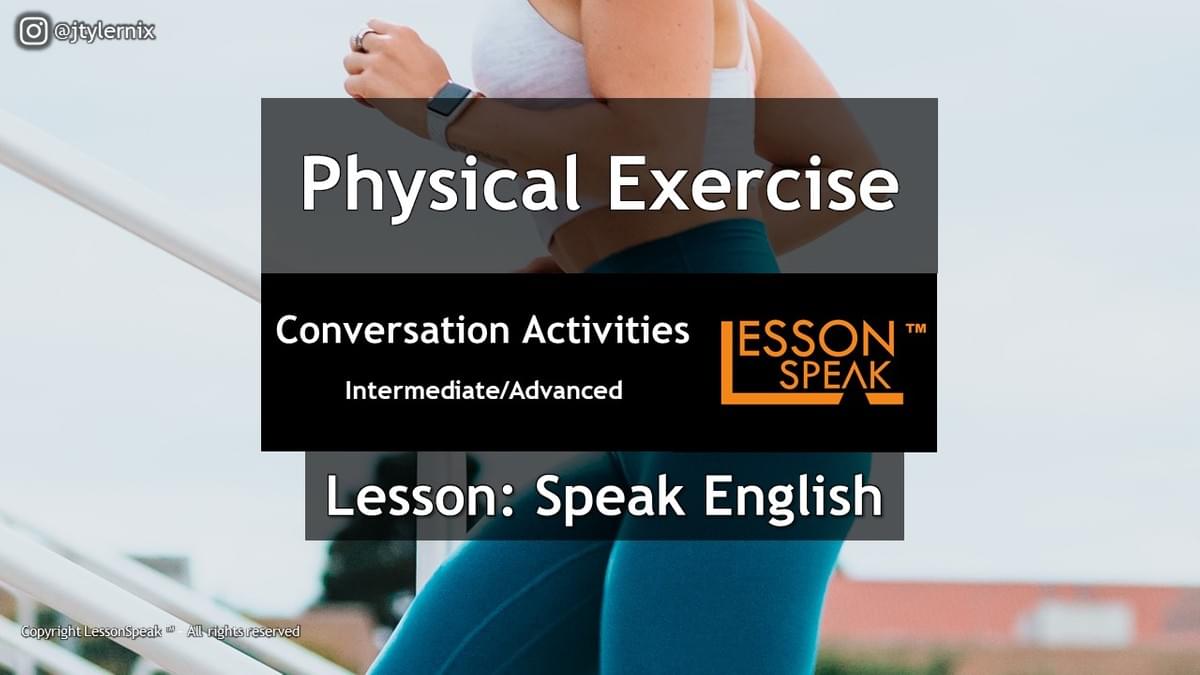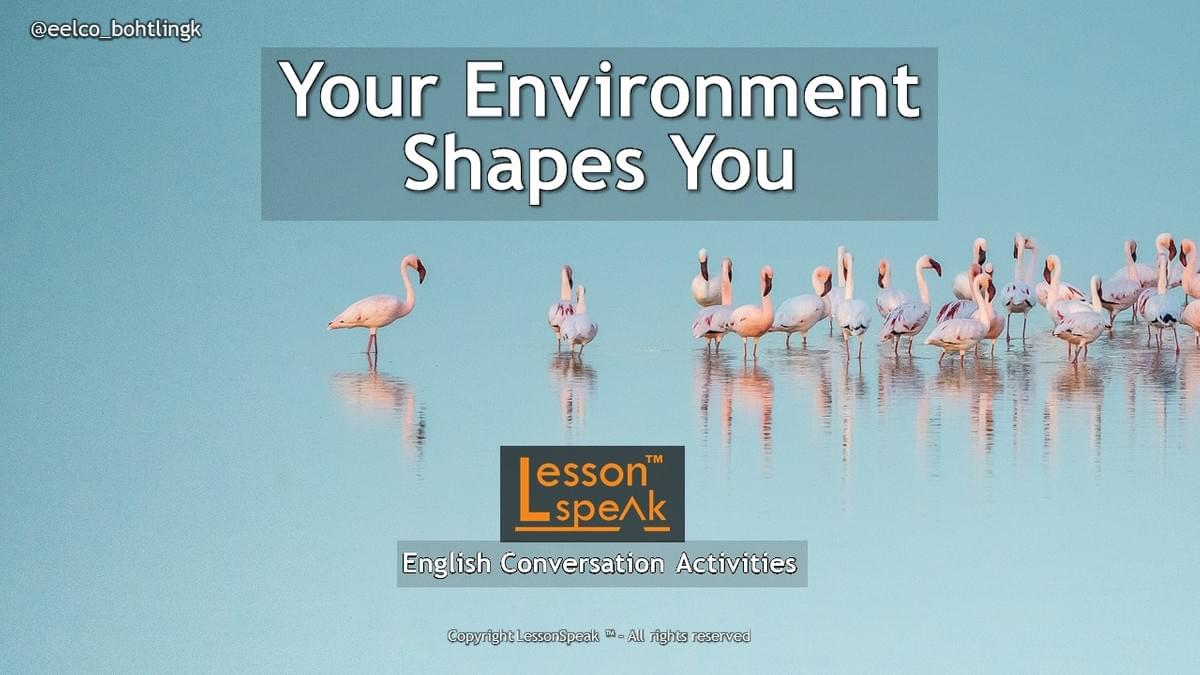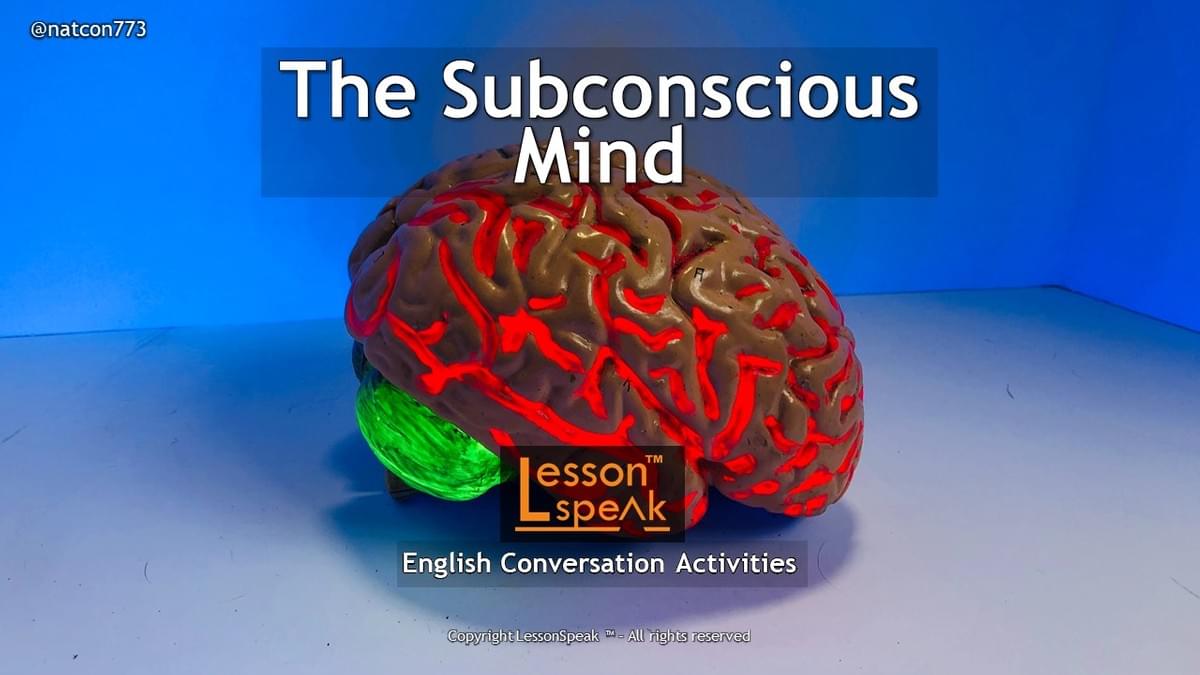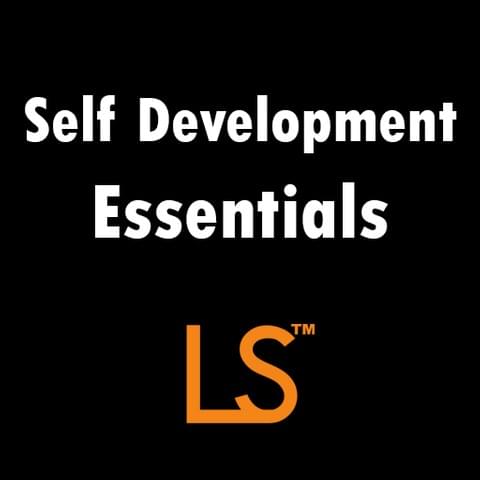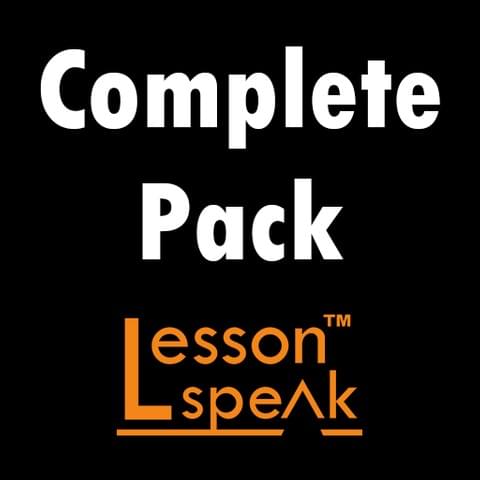
Helping English Language Teachers Teach Spoken English To Adult Learners

Beautiful Downloadable Language Education Lessons for Teachers & Coaches
Premium language education lessons

Physical Exercise
Physical exercise is something that everyone can partake in! Not only is it enjoyable, but it brings many health benefits.

Your Environment Shapes You
Our perception of the environment around us happens subconsciously most of the time. That makes it difficult to register and evaluate the influence it has on use, especially over a longer period of time.

The Subconscious Mind
Just as your conscious mind can be thought of as a gardener planting seeds, your subconcious mind can be though of as the garden.
Our Best Packages
Budget Plan

$76.14
one time purchase
- Lifetime access through TPT
- 24 general topics on self-development
Basic Plan

$104.83
one time purchase
- Lifetime access through TPT
- 24 topics specifically for freelancers and entrepreneurs
Recommended
Pro Plan

$249.99
one time purchase
- Lifetime access through TPT
- Everything from LessonSpeak
- More than 75 topics
Sign up to get your Free Starter Pack


